CEE Faculty recognized for Experiential Learning and Teaching Innovation funding initiatives
Five faculty members in the Department of Civil and Environmental Engineering have been recognized by Teaching and Learning Services and accordingly awarded funding through initiatives which are aimed at advancing and improving teaching and learning at Carleton University.
Dr. Basu, Dr. Pulatsu and Dr. Viau have all been awarded funding through the Carleton University Experiential Learning Fund which aims to increase the number of experiential learning opportunities for Carleton students, to enhance existing experiential learning opportunities at Carleton, and to support the articulation of employability skills for students within the institution’s academic programming.
Dr. Gilmore and Dr. Hassan were awarded funding through the Future Learning Innovation Fellowship. This fellowship provides funding and support for instructors and academic units interested in incorporating new or innovative technologies to solve defined teaching and learning problems or challenges.
Below is a brief description of each project. Congratulations to all winners, and to the Department as this is a testament to our faculty members’ constant strive towards improving teaching and learning with the aim of improving student success and enhancing the student experience.
Carleton University Experiential Learning Fund
Dr. Onita Basu
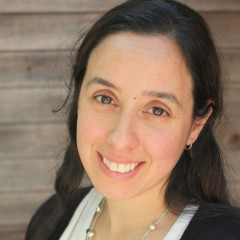
Dr. Onita Basu, in collaboration with the Water and Wastewater Operator Program at Yukon University, is currently developing a pilot project to explore co-training of Engineering Students with Water & Wastewater Operators. Engineering students will facilitate classroom learning activities that cover fundamental and theoretical aspects of operator certification; and both Engineering Students and Operators will co-learn in the hands-on lab skills and pilot trailer training section of the program. Operators are in charge of running the day to day operations of a water treatment plant while Engineers are generally tasked with design and system analysis. Yet few opportunities exist for engineers and operators to learn and train together; where knowledge mobilization and understanding of each other’s perspective can be heard and appreciated.
Dr. Bora Pulatsu
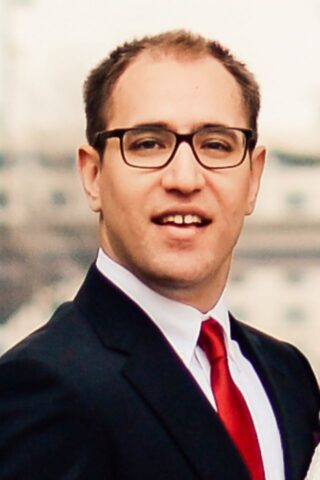
Dr. Pulatsu’s experiential learning course project is designed to address the current needs of the industry from structural/conservation engineers and enhance the teaching quality at Carleton University – Department of Civil and Environmental Engineering. Current practice in most computational structural mechanics courses relies on theoretical approaches lacking experiential learning components. This situation results in a poor understanding of real-world challenges and mechanisms. Dr. Pulatsu’s project aims to provide a unique opportunity for Civil, Architectural, and Building Engineering students where they will have a hands-on experience in testing and analysis, in addition to the computational aspects of the problems, and be fully equipped to work as structural engineers in retrofitting, maintenance, structural assessment, and stabilization projects of old masonry buildings.
Dr. Christian Viau
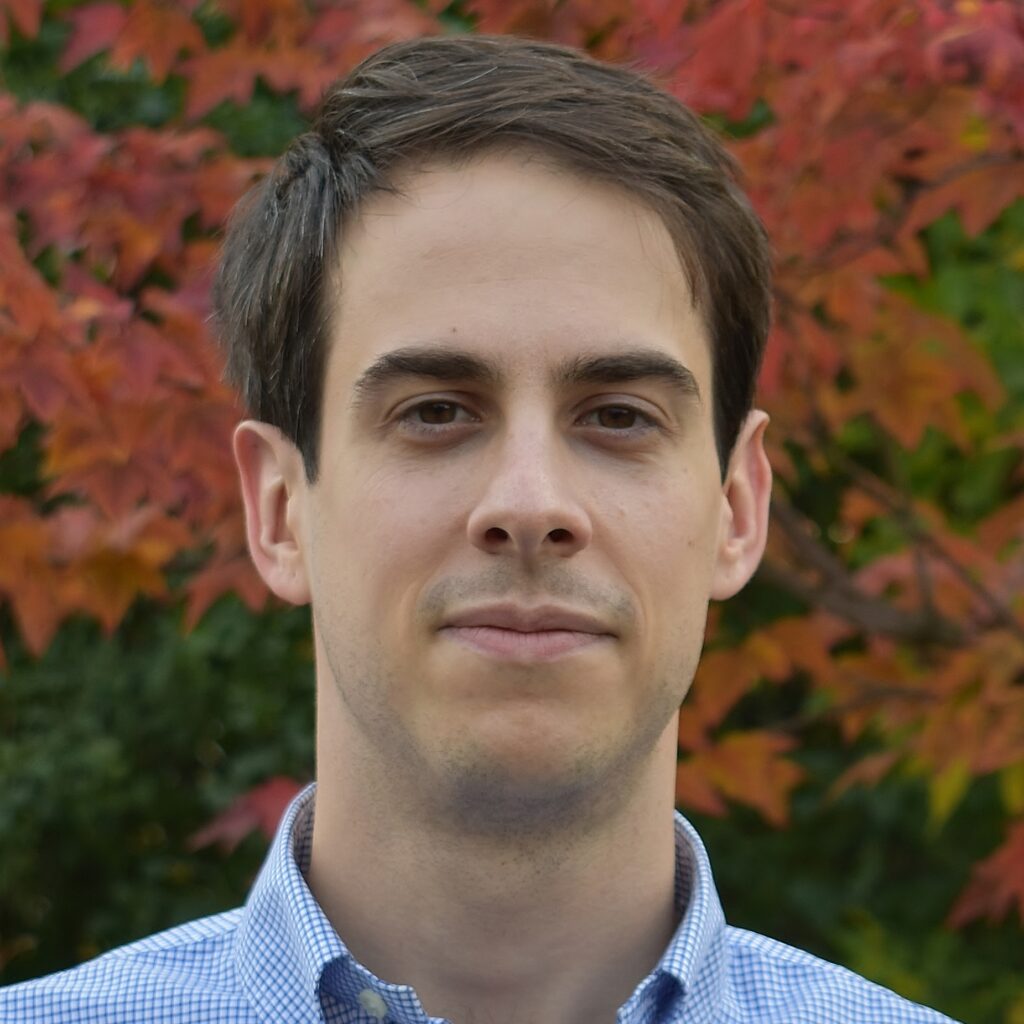
Dr. Christian Viau’s experiential learning project focuses on providing students the opportunity to experience firsthand, how the theories and design principles seen in the classroom would apply from the point of view of a force protection engineer, stakeholder, and blast researcher. Blast engineering is a relatively novel field and gaining valuable experience in this field is typically acquired from hands-on work and being involved directly with many aspects of the project. To address this problem, Dr. Viau is looking to implement experiential learning for the purpose of the Blast Load Effects on Structures graduate course, which will blend in-classroom learning with field experiences, interactive simulations, as well as hands-on application of course concepts in a state-of-the-art laboratory environment pertaining to blast research.
Future Learning Innovation Fellowship
Dr. Elisabeth Gilmore
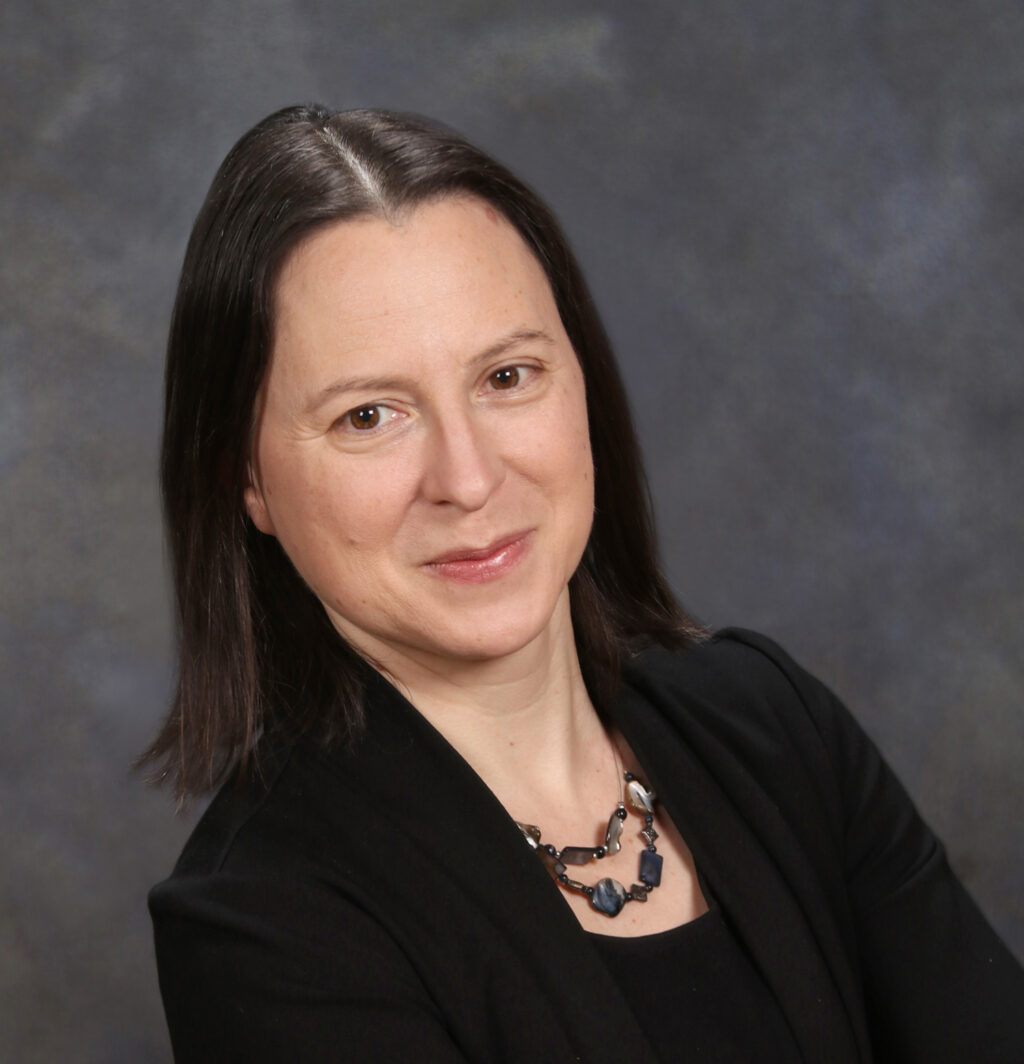
Dr. Gilmore’s innovation fellowship focuses on better ways to teach project management skills. As people are increasingly key to technological innovation rather than capital, this skill will become even more central to the engineering practice. Unlike management, leadership roles are more complex. Leaders need to ensure that the project team is working together toward their common project objectives. Dr. Gilmore will help students develop skills on leadership, by gaining confidence through peer evaluation and using this information to guide team performance.
Dr. Ahmed Hassan
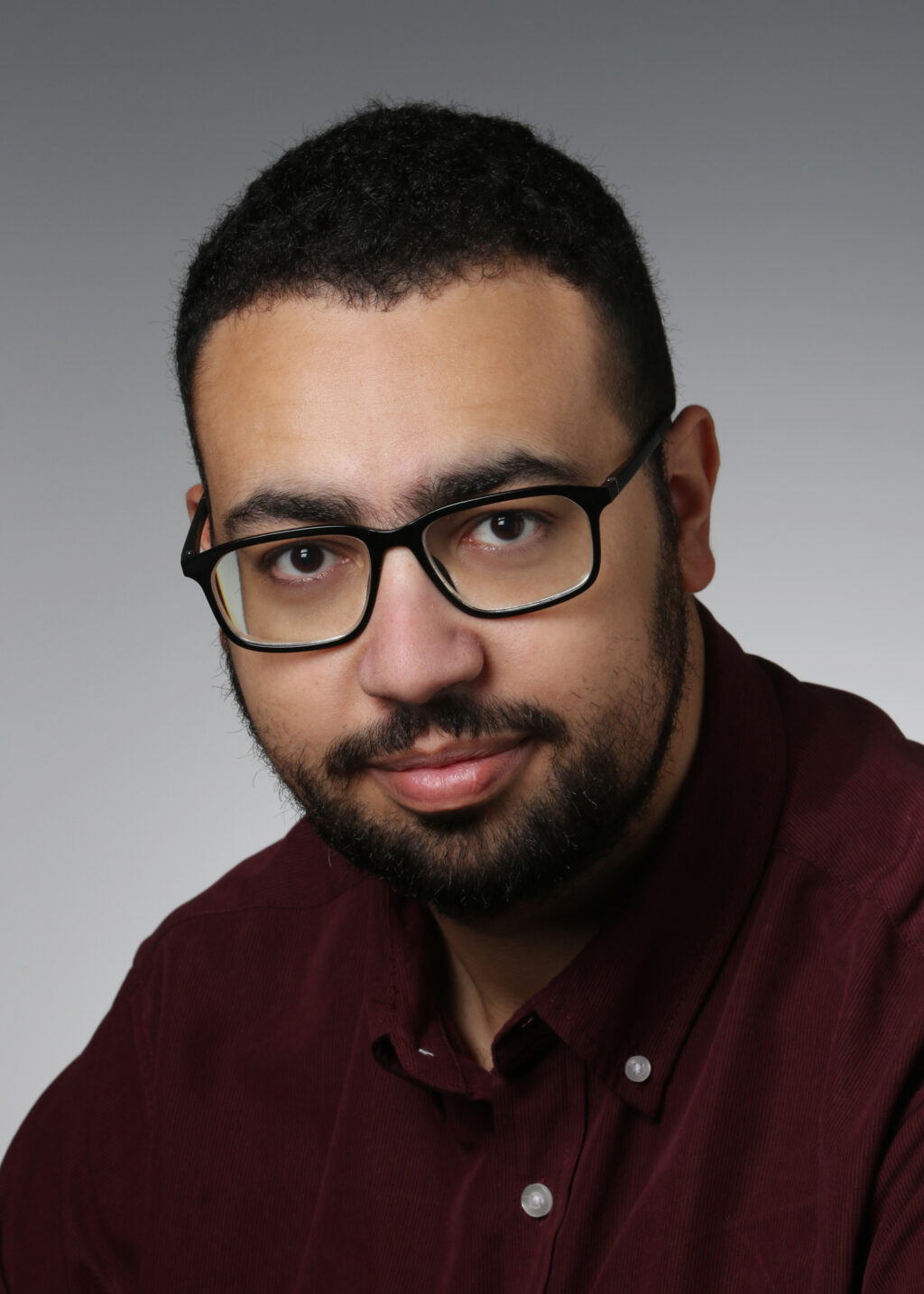
Dr. Hassan’s project is aimed at piloting a grading workflow tool called Assign2. Assign2 aims to streamline grading by allowing instructors to grade in-person paper written through an online easy-to-use interface. Assign2 makes the grading process much quicker, saving time that can instead be used by faculty to focus on teaching and research. The interface allows a clear marking rubric to be set up which can be used by all TAs (and/or the instructor) for more consistent grading. Grading comments can be visible to students and in turn provides students with great formative feedback on summative assessments. The tool also provides statistics about class performance, which provides the instructor with their own feedback as to what was and was not done well by students. Considering this tool allows for grading through an online interface, this eliminates all logistics associated with moving, handling, sorting, storing, and returning exams, as well as compiling grades and grade appeals.